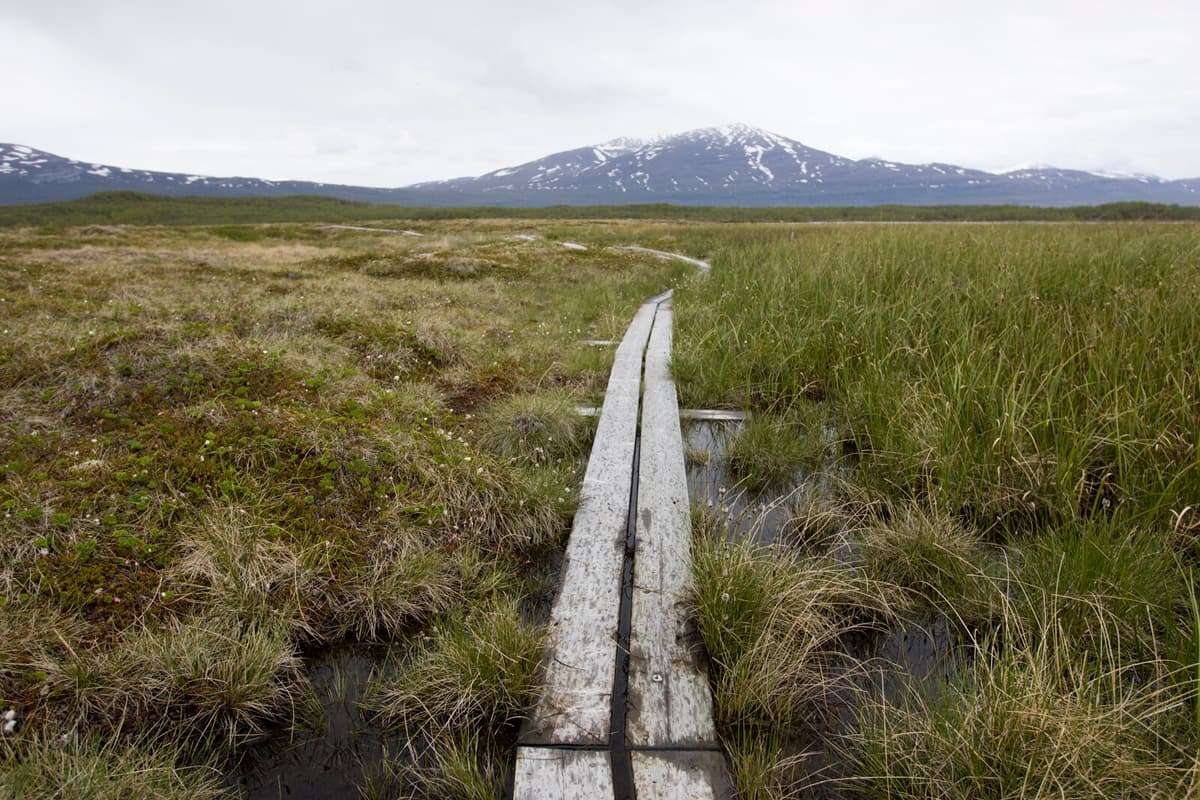Romina Pourmokhtari is soon traveling to Cali in Colombia to participate in the final sprint at the UN meeting on biological diversity.
I am particularly passionate about ocean issues and will not least work to ensure that we make progress in protecting marine areas, she says.
Two years ago, the participants agreed to protect 30 percent of the planet's ocean and land areas by 2030. This means a doubling for Sweden, which, among other things, needs to establish new reserves.
Difficult with forest owners
Pourmokhtari dodges the question of whether she believes Sweden will reach the goals on land, and points out the large number of private forest owners as problematic in this context.
It's something that makes it, for example, more time-consuming and difficult to find these landowners who want to protect their nature and want to take part in these funds, she says.
When it comes to the oceans, the government has submitted a proposal to protect 30 percent by 2030. In this perspective, the Environment Minister sees it as a setback that EU countries have decided to double the herring and sprat quotas in the central Baltic Sea.
It's absolutely devastating and we have great concern from the government's side that these stocks will collapse if we continue as we do.
Money at the center
One of the questions in Colombia is expected to be how to collect money for the measures that need to be taken. Sweden, Norway, and Germany were in 2022 the only three countries that paid "their share" of the 20 billion dollars that is the target, according to the think tank ODI.
I can't promise what will be decided in future budgets, but Sweden has announced that we want to increase our aid in these issues, says Pourmokhtari.
Just like in climate negotiations, it's certain countries that are slowing down, and roughly the same group is blocking the negotiations on biological diversity, according to the Environment Minister.
It's not particularly many who are ideologically motivated in denying the crisis that is ongoing, but rather it's about certain countries that have an economy that is deeply dependent on the exploitation of nature or marine areas, she says.
The UN top meeting on biological diversity, COP16, takes place in Cali, Colombia, on October 21–November 1.
COP stands for Conference of the Parties and refers to the parties in the UN Convention on Biological Diversity. 16 indicates which meeting in order it is.
At the previous meeting, the countries agreed to protect 30 percent of land and sea areas by 2030. Sweden currently protects 15 percent of land and freshwater areas, as well as the sea surface in some way.
Sources: The Swedish Environmental Protection Agency, The Swedish Agency for Marine and Water Management.






